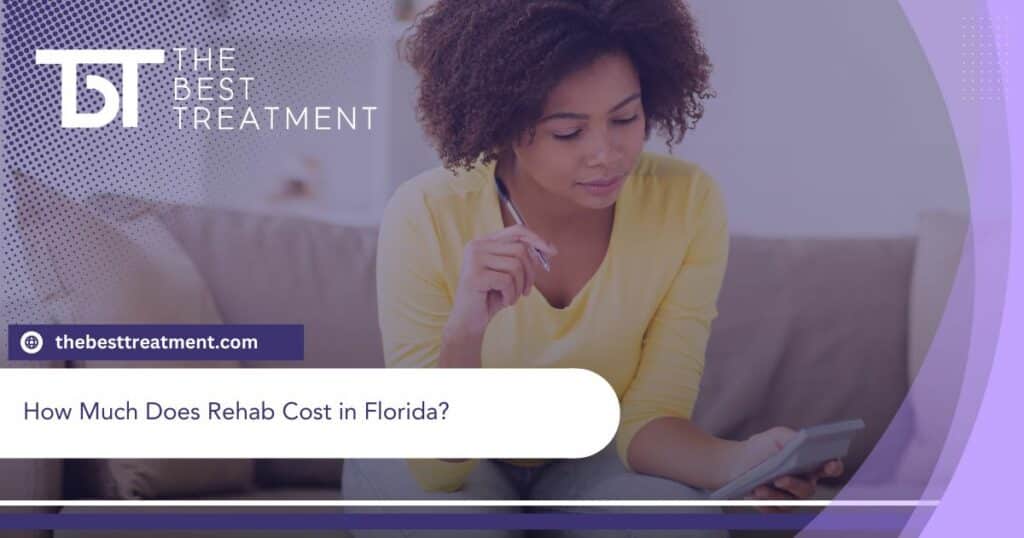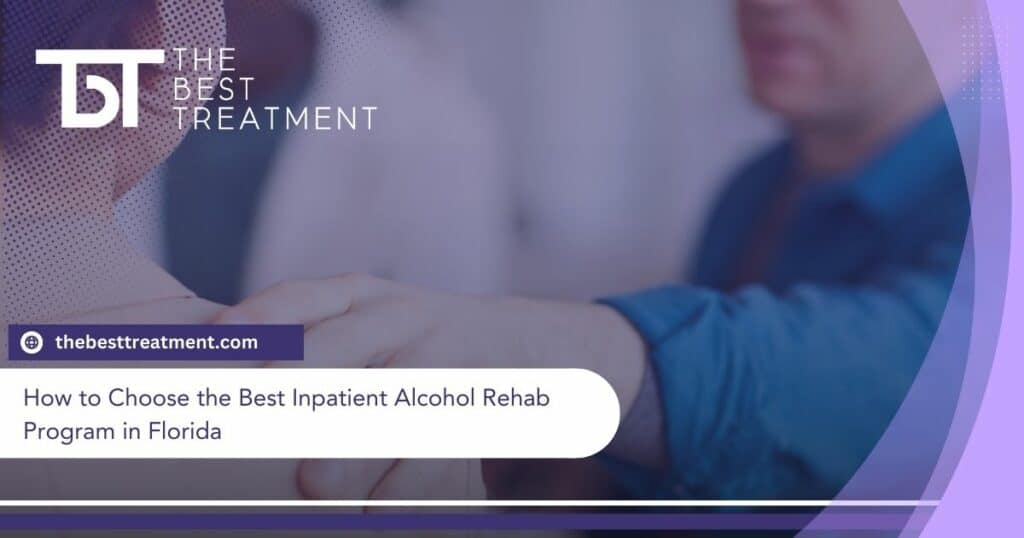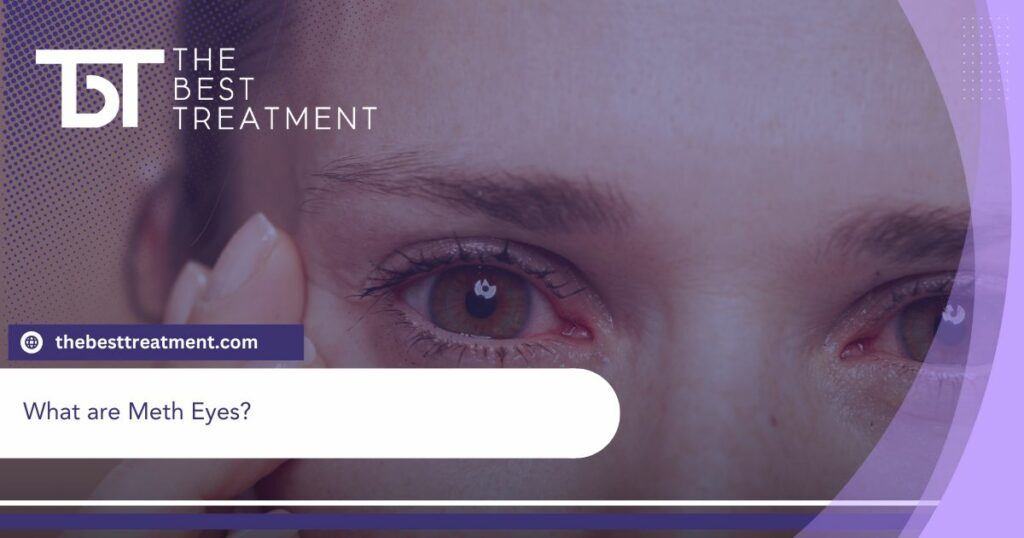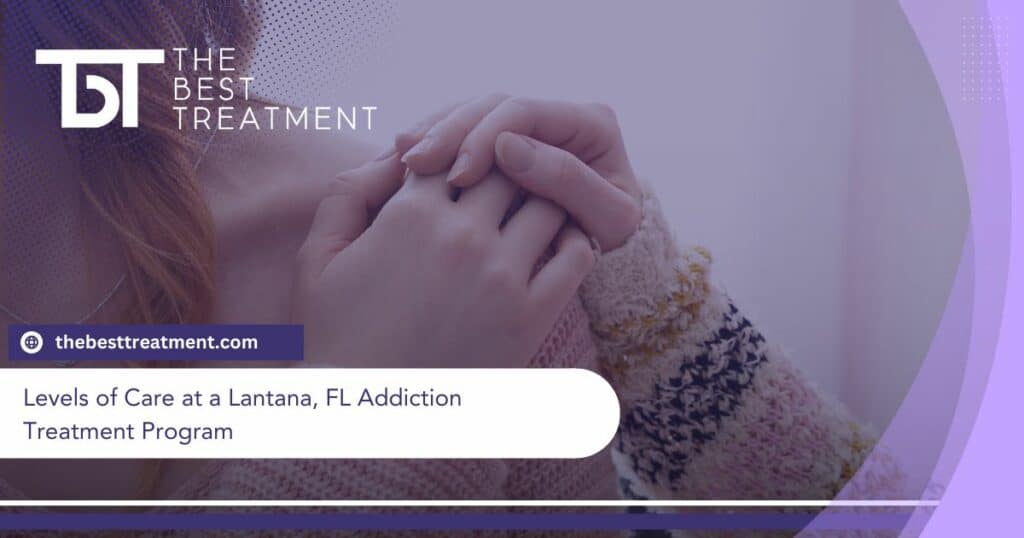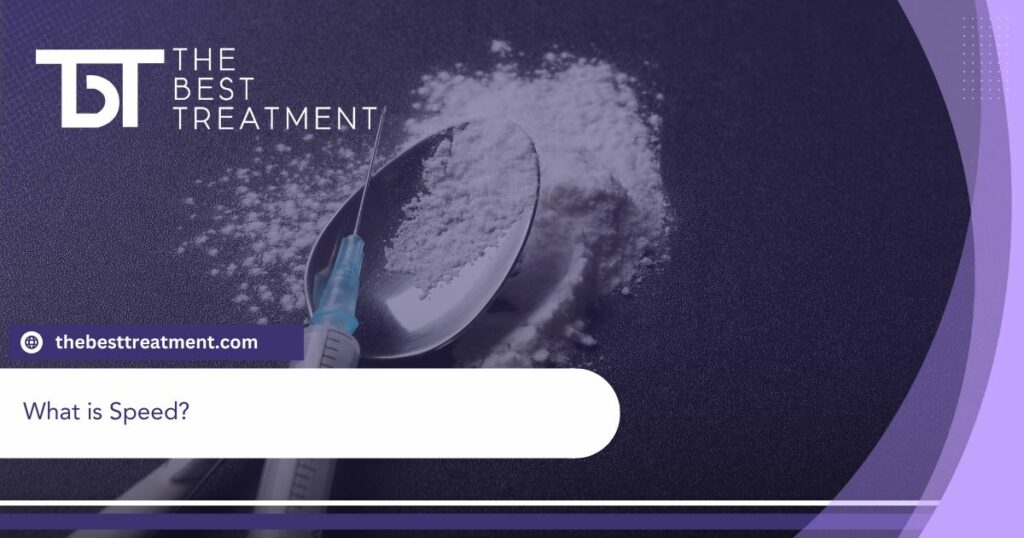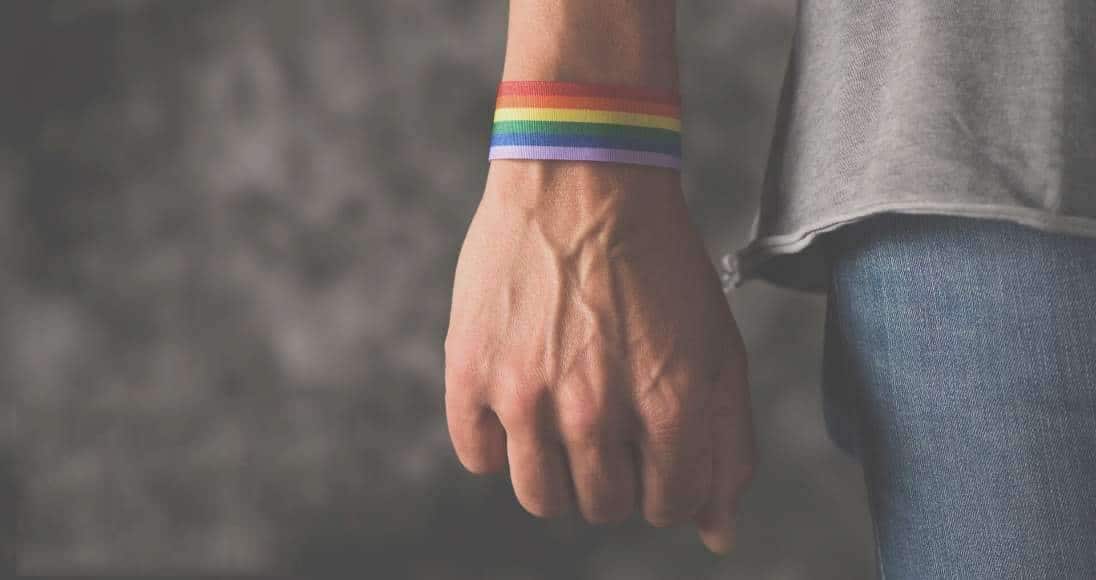Table of Contents
Members of the LGBTQ+ community face a number of challenges that, unfortunately, have contributed to a high rate of substance abuse and addiction. First, it’s important to note that LGBTQ+ stands for lesbian, gay, bisexual, transgender, and queer. However, there are many other sexualities and gender identities included in this community, such as nonbinary and asexual individuals, as well.
Because of the unique challenges that members of this community face, it’s important for them to receive addiction treatment that is specific to their needs. LGBTQ-specific addiction treatment centers in West Palm Beach are sensitive to the needs of the LGBTQ+ community while addressing any underlying aspects that may have caused an addiction.
According to the National Institute of Drug Abuse (NIDA), addiction treatment programs that offer specialized groups for the LGBTQ+ community provide better outcomes for those patients when compared to non-specialized programs.[1] LGBTQ-specific treatment should address unique factors in these patients’ lives, such as homophobia or transphobia, family issues, violence, and social isolation.
Let’s take a look at addiction in the LGBTQ+ community and how LGBTQ-specific addiction treatment works.
Challenges Unique to the LGBTQ+ Community
Unfortunately, the LGBTQ+ community suffers from higher rates of substance abuse than the population as a whole. Oftentimes, this stems from a number of societally imposed obstacles that they face on a daily basis, that individuals who identify as heterosexual do not deal with.
A few of these challenges include:
- Discrimination or stigmatization based on sexual or gender orientation
- Hate crimes such as emotional abuse, threats, public humiliation, or ridicule
- Rejection or shame from family or friends after coming out
- Loss of employment or not receiving promotions due to gender or sexual identity
- Internalized homophobia or transphobia
It is common for LGBTQ+ individuals to turn to drugs or alcohol as a way to self-medicate from the prejudice they face in today’s society. While our society has made great strides in creating equal opportunities and acceptance for the LGBTQ+ community, there is still a disheartening amount of discrimination.
While substances may help temporarily numb uncomfortable feelings that individuals may be experiencing, such as depression, anxiety, anger, or fear, this will not help in the long run. Although substance abuse appears to be beneficial initially, there are many long-term, negative consequences of self-medicating your feelings.
Moreover, transgender individuals are especially vulnerable to turning to addiction to deal with feelings of anxiety or loneliness. This is due to the negative stigma and discrimination that transgender individuals face, oftentimes more so than their gay, lesbian, or bisexual peers.
In fact, one study found that transgender students are 2.5 times more likely to use cocaine or meth. Additionally, they are also twice as likely to abuse prescription medications than their peers (such as prescription opioids or benzodiazepines).[2]
Common Co-Occurring Disorders Among LGBTQ+ Individuals
An aspect that may produce significant internal conflict for members of the LGBTQ+ community is that oftentimes, they are forced to live a “closeted” life. To explain, this means they hide their sexuality or gender identity from others in fear of rejection. Keeping one’s sexuality or gender identity a secret takes a huge psychological toll that may lead to the development of mental health disorders, significant emotional distress, and substance use disorders (SUDs).
Common psychological conditions among the LGBTQ+ community include:
- Major depression
- Generalized anxiety disorder (GAD)
- High levels of stress
- Suicidal ideation, suicide attempts, or self-harming tendencies
Many individuals who identify as LGBTQ+ have a co-occurring mental health condition that either led to a substance abuse problem or is perpetuating this abuse. While considering the best treatment option for an LGBTQ+ individual, it’s vital to focus on addressing any co-occurring disorders. This allows for the highest chance of sustained sobriety while in recovery.
Addiction Treatment Specific to LGBTQ+ Individuals
Addiction treatment centers in West Palm Beach that specialize in the treatment of LGBTQ+ people must recognize the unique problems that members of this community face. In doing so, LGBTQ-specific addiction treatment centers implement effective, customized methods into their practices, providing a solid foundation of healing and recovery for their patients. It is extremely vital to include rehabilitation approaches that help patients recover from LGBTQ-specific issues.
Unique issues LGBTQ-specific treatment centers must address:
- The prevalence of alcohol addiction and binge drinking among lesbians.
- The social isolation that bisexual people feel from the homosexual and the heterosexual communities (often referred to as “bi-invisibility”).
- The mistrust that transgender persons feel against healthcare providers due to discrimination.
- How to effectively and safely manage hormone treatments for transexual patients during rehabilitation therapy.
- How to help LGBTQ+ adolescents manage emotional and physical challenges.
- Adequately addressing the higher usage rates of marijuana and illicit substances among gay men.
- Understanding pronouns, gender identity, and the varying sexual orientations.
- Provide aftercare programs tailored to helping LGBTQ+ individuals navigate life after treatment.
It is essential for the recovery of LGBTQ+ individuals to find an addiction or mental health treatment center that is sensitive to their needs. Individuals who attend and complete specialized addiction treatment programs in West Palm Beach are more likely to remain drug and alcohol-free than those who attend traditional programs.
Attending LGBTQ-Specific Drug and Alcohol Rehab in West Palm Beach
At The Best Treatment Center, we understand the unique needs and challenges that the LGBTQ+ community faces regarding addiction and mental health. Because of this, we’ve tailored our individualized programs to meet the needs of people from all walks of life. If you or a loved one identify as LGBTQ+ and struggle with addiction or dual diagnosis, contact The Best Treatment Center today for more information on treatment and recovery.
References:
Medically Reviewed: September 25, 2019

All of the information on this page has been reviewed and verified by a certified addiction professional.





